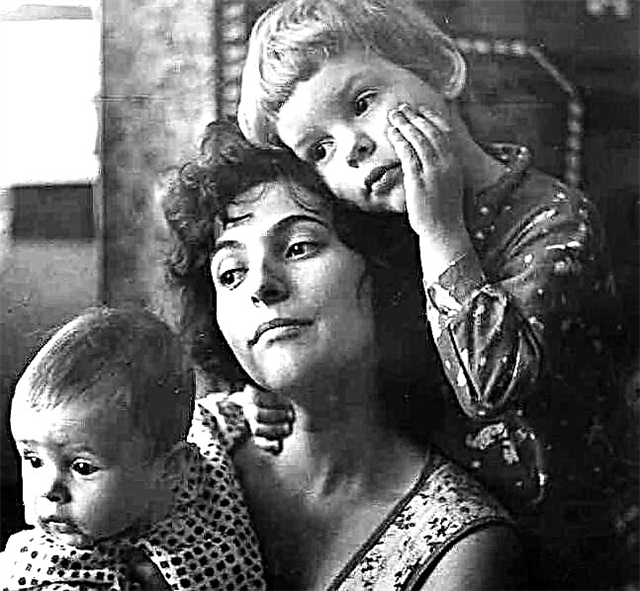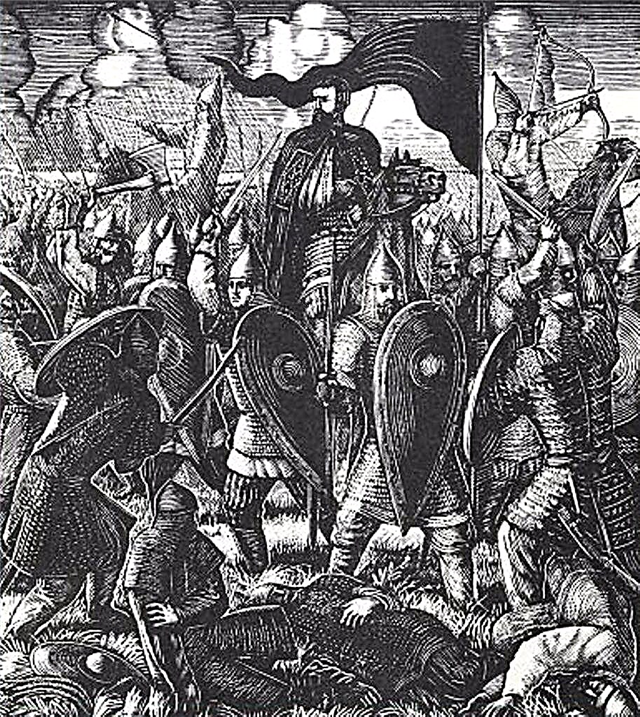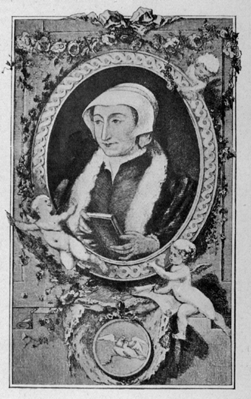Share
Pin
Tweet
Send
Share
Send
One of the most popular problems in the texts for preparing for the exam in the Russian language is the generational conflict. It is to this question that these arguments from literary works are devoted. We hope that they will help you in writing a quality essay.
- DI. Fonvizin. The play "Undergrowth". The main character Mitrofan (whose name is interpreted as being close to his mother or the son of his mother) seems to us to be a negative character, like his whole family. His mother is a tyrant mistress who does not allow any servants or her own husband who is literally absorbed in her. Sophia, an orphan living with this family, and her uncle Starodum represent goodies. About this family, and more precisely about Mitrofan, the uncle says: "Here are the evil deserving fruits." In this phrase you can fit the leitmotif of the work, the problem of fathers and children is revealed from the side of the strong and harmful influence of the vicious parent on the child. Hypertrophic and excessive custody spoils the teenager. He grows up in a family where his mother strokes his head with one hand and his servant hits with the other. And we see the denouement, if Mitrofan’s mother loves, then her son does not reciprocate and just throws her in the ending of the play.
- A.S. Griboedov. The play "Woe from Wit." Fathers and children are not only family ties, but also different periods of life, different mindsets. We observe them in the work of Griboedov. This century and the past century collide when Chatsky comes to the places where he spent his childhood. The trip showed him a different life, but someone, as limited in his judgment, remained. This is a conflict of advanced and innovative ideas of Alexander Andreevich, against the old, conservative nobility, which has sat up in its place. Chatsky calls them lysoobrazami and rank worshipers. But the author himself gives us a hint for resolving it, if Chatsky is alone on the stage, then there are like-minded people outside of it, like a relative of a puffer who “suddenly left the service” when he was “followed by the order”. The children will succeed their fathers anyway, but, having completely lost touch with the past, they will hardly be able to establish a dialogue with the future themselves when it comes their turn to give way to the young.
- A.S. Pushkin. The novel "The Captain's Daughter." Petrusha Grinev at the very beginning of the work is not very attractive to us. His behavior and childhood pranks at the age of 17 force his father to send his son to the service, which should stabilize him. When he arrives at the Belgorod fortress, in which Masha lives with her family, she becomes one of the main reasons for the change of our hero. However, the hero initially had a strong moral foundation laid down by the parent: "Take care of honor from a young age." If at the very beginning a young man is seen as a “young man” and still a child, then the trials that he overcame in the name of love and his honor turn him into a real man. Now he is able to stand not only for himself, but also for his love. If the boy’s father refused the right to marry, but could not interfere with the battle veteran. The conflict between father and son at the end of the work finds its logical conclusion, after the blessing of the parents, not Petrusha, but Pyotr Grinev for the wedding with Masha.
- M.Yu. Lermontov. The poem "Mtsyri". The conflict of generations lies in the spiritual revolt. Little Mtsyri, forced and deprived of his native home, feels that he is unable to live a life day after day that is not sweet for him. By his escape, he shows not only his strength of mind, but also his protest and unwillingness to put up with his fate. His courage inspires us. The role of the “father” here is the regime, the bondage in which the hero finds himself, the framework and restrictions that Mtsyri breaks only posthumously. It is also a protest of the young generation against the war unleashed by the fathers and tearing Mtsyri away from home, homeland and family.
- N.V. Gogol. The poem Dead Souls. Chichikov carried the advice “save a penny” from his very childhood through his whole life. The fear of being left without money or without the protection of people with money turned into a mania. But poverty is not a vice. A vice is a lie, hypocrisy and deceit, they become the keys that open the door to wealth. Even at school, Chichikov understood how people love helpfulness, how important it is to earn trust, so that he can attack at the most unexpected moment. Chichikov is a "Christ seller"; it is not for nothing that a comrade called him that very word. He will sell everything, just set a price. The harmful paternal influence and poverty made our hero exactly the way we see him in Dead Souls. This implicit conflict helps to understand why and how Chichikov became such a person. All this time he sought to prove to his father that he had surpassed him and embodied his ambitions in himself.
- A.N. Ostrovsky. The play "Thunderstorm". The play by Ostrovsky is the same example of a conflict, somewhat family-related, as much as a generational conflict. Katerina is a dreamy and open girl, not capable of pretense and rudeness. But Kabanova and her children lived and grew up in different conditions, the mistress of the family got used to take everything into her own hands, beat the servants, decide everything for the children. Her affection, like Tikhon's affection for Katerina, is “worse than beatings”. In this family, not love reigns, but “cruel morals”, as Kuligin puts it. And these cruel morals cannot stop torturing Katerina in any way. Marfa Ignatievna is accustomed to live by her own rules, which she, if necessary, easily changes, and "seize home". Her daughter-in-law does not withstand such stress, and decides that there is no point in fighting. However, after her death, the young generation rebels against the despotism of the "fathers" and openly shows disobedience. Hushing up a conflict always leads to a thunderstorm that sweeps away centuries-old dust and cleans the atmosphere for a new time.
- I.A. Goncharov. The novel "Oblomov". Ilya Ilyich did not rebel against his ancestors, but exactly repeated their fate, although time and circumstances did not have this. An excellent picture of the family of the protagonist we get from one of the dreams. The village of Oblomovka is an ideal and quiet place where Ilya Ilyich grew up, he was put on shoes, dressed and fed an uncountable number of servants. Custody and love were felt in everything. But what does a person do if he is doing well? In most cases he does not do anything; he does not want to strive and do anything too much. This laziness, which appeared due to improper upbringing, left a huge imprint on Oblomov's whole life. That is how the family influenced the fate of our hero. The generation of "fathers" doomed the "children" to an idle and meaningless living in a world full of beauty.
- S. Yesenin "Letter to the mother." The lyrics also raise issues of generations. Before us is a simple young man who reassures his mother. He asks her not to worry about his life, perhaps a reckless and drunken, but still adult life. And we know perfectly well what mother will experience, and we know that Yesenin will live as he lived. This is an eternal and therefore always relevant conversation between mother and child, who speak not with each other, but with themselves. They are different, but all the same, the contradictions should not interfere with the natural family ties that connect the illiterate peasant woman and her urban son, who has become one of the most famous poets of his time.
- M. Tsvetaeva, "Grandma." Lyric monologue of Marina Tsvetaeva differs from Yeseninsky. Marina never knew her grandmother, and her poem, like many others, are questions and screams into the void. These are emotions that appear when you become interested in your family and your story. This is a conversation that will never take place, because the grandmother died, and there are no less questions from this. Marina Tsvetaeva tries to guess what her grandmother was like, compares her with herself, looks at how she looked. In his poem, the author shows not a conflict, but a riddle that close people leave us after death.
Share
Pin
Tweet
Send
Share
Send












